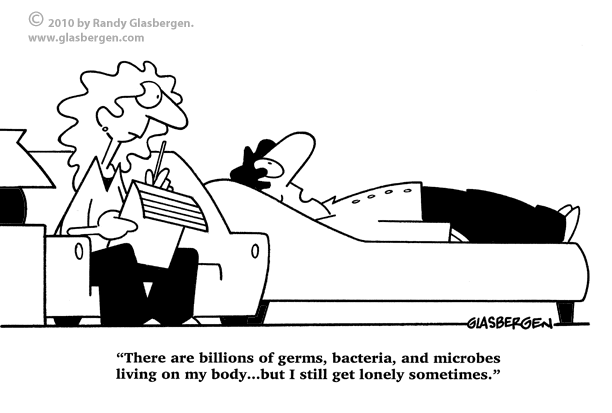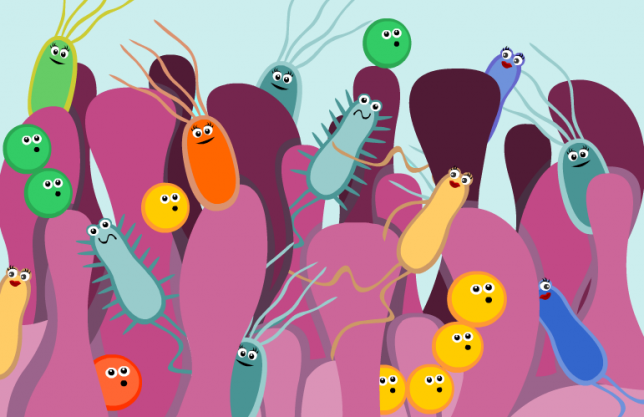That’s the title of a very interesting BBC News article I read this morning, thanks to my friend Paul: goo.gl/pkXS1J It’s about two recent studies that examined patients with cancer (1. lung or kidney; 2. melanoma), discovering that those who had a lot of “friendly” gut bacteria responded better to immunotherapy.
Excerpt: Dr Jennifer Wargo, from Texas, told the BBC: “If you disrupt a patient’s microbiome you may impair their ability to respond to cancer treatment.”
Okay, so the patients in the two studies didn’t have myeloma. But I would bet anything that those three types of cancer aren’t the only ones that are strongly impacted by our gut bacteria. I would bet anything that myeloma is on that list, too. Anything! 
Besides, I then read (while cuddling my black kitty, Prezzemolo, in my arms) that the gut microbiome really changes after a stem cell transplant. See this 2015 Italian study published in “Blood,” e.g.: goo.gl/Xn12JC
Changes in the gut bacteria of SCT patients can cause severe infections and inflammatory bowel conditions…and also the scary and horrible GvHD (graft versus host disease).
A 2015 U.S. study focuses on the role of Clostridium difficile (a really nasty sort of bacteria, as the word “difficile” implies!) during SCTs: goo.gl/AK5yQp. It concludes that C. difficile is one of the main causes of lower gastrointestinal distress in patients undergoing autologous SCTs. Yep, myeloma patients, too. 
In sum, if you have too much bad bacteria, you can get into serious trouble…even if you’re healthy!
C. difficile, incidentally, really proliferates in the colon after we use antibiotics…So whenever you’re on antibiotics, make sure you also take probiotics (not at the same time, eh!). Of course, always ask your doctor first…
I’ve said it before, and I’m saying it again today: we really need to pay attention to our microbiome.
Even if we aren’t on antibiotics…
Our body needs probiotics.


